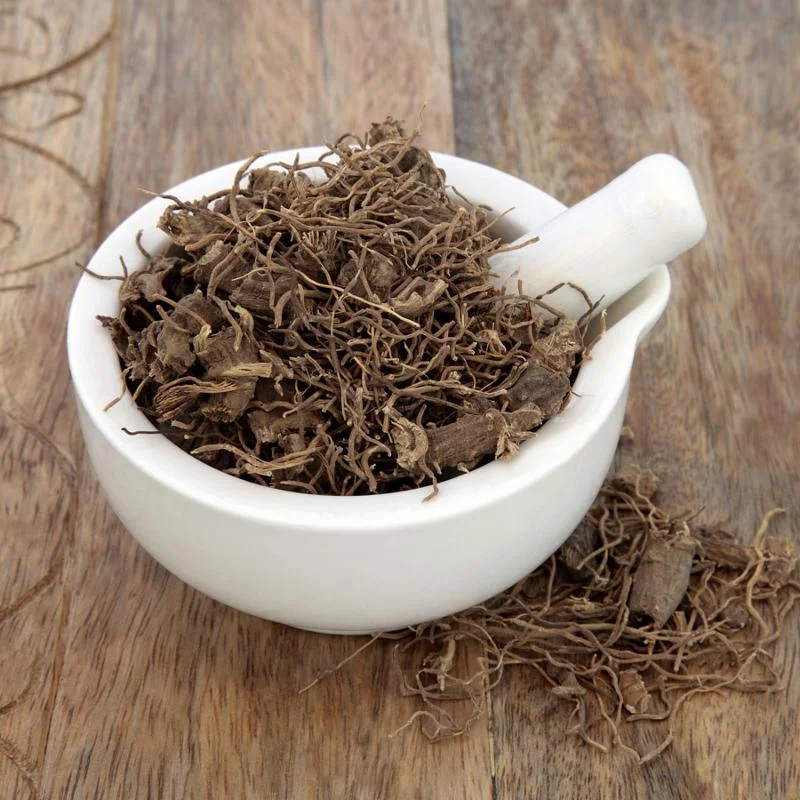Black Cohosh Root
Black cohosh is a root herb that is frequently used for menopausal symptoms, but it is a major help to fertility too. Many women are trying to conceive at an older age, and thus are in perimenopause (the ten year period before menopause.) So black cohosh may just be the perfect herb for the older mama, and can benefit the younger mama too.
The mechanism with which black cohosh acts on female hormones is unclear. It is documented to have an anti-inflammatory and antioxidant effect on the body, but how it alleviates hot flashes is unclear. It has been found to have an effect on the central nervous system and modulate dopamine and serotonin. It is also observed to have an effect on the hypothalamus-pituitary axis (HPA), the command center of the endocrine system.
In a 2012 study by Nadaoka, Yasue, Sami, and Kitagawa, extract of black cohosh improved markers of acute stress handling. Could it be that black cohosh, in helping your body handle stress, decrease inflammation and prevent oxidation allows for better hormone production?
In a 2013 study conducted in Egypt on 100 women with PCOS, Black Cohosh outperformed the fertility drug Clomid, producing more favorable changes in LH level and FSH/LH ratio. In women with PCOS, often the ratio of LH (luteinizing hormone) to FSH (follicle stimulating hormone) is 3:1, whereas in healthy women it is about 1:1. This change in the LH to FSH ratio in PCOS cases is enough to disrupt ovulation and fertility.
Black cohosh has been used successfully for PMS, insomnia, menstrual cramps and menstrual irregularities.
Due to modern stressors, today even women in their 20s can have hot flashes. I think black cohosh is an herb worth exploring, especially if you’ve been told you have low estrogen or have experienced some of the symptoms I described above.
When we treat hormones, we always need to look at root causes as well. If you have not yet taken our Hidden Hormone Stressors quiz, we invite you to do so here!
Sending Love for Your Hormones, Bridgit


